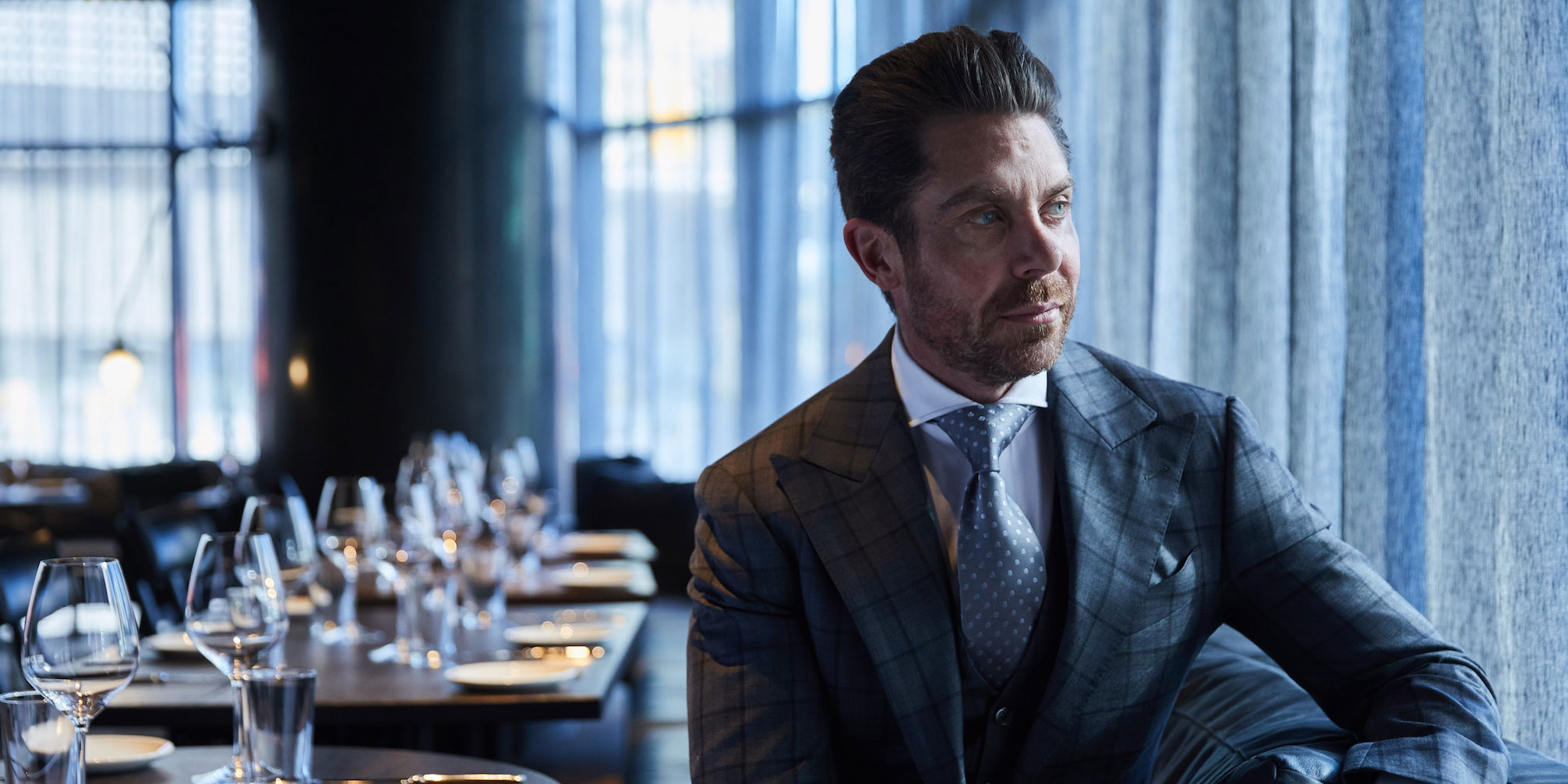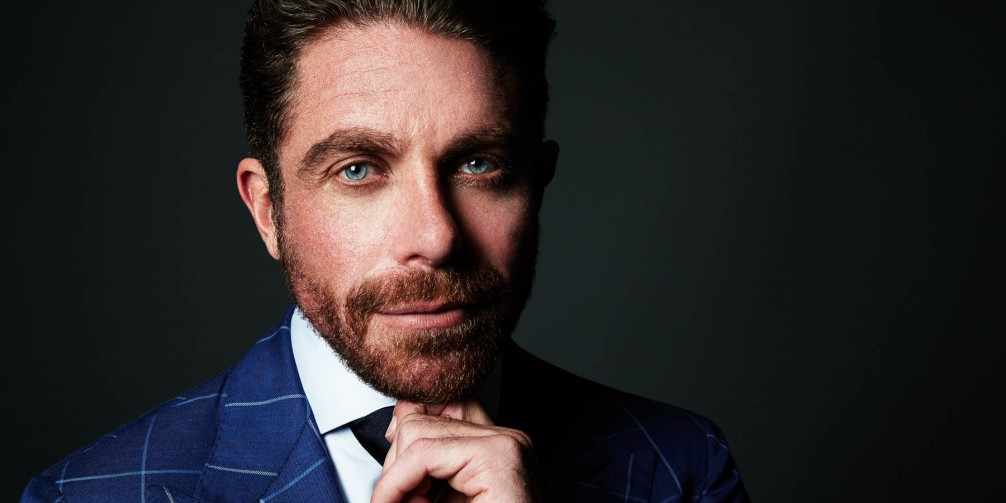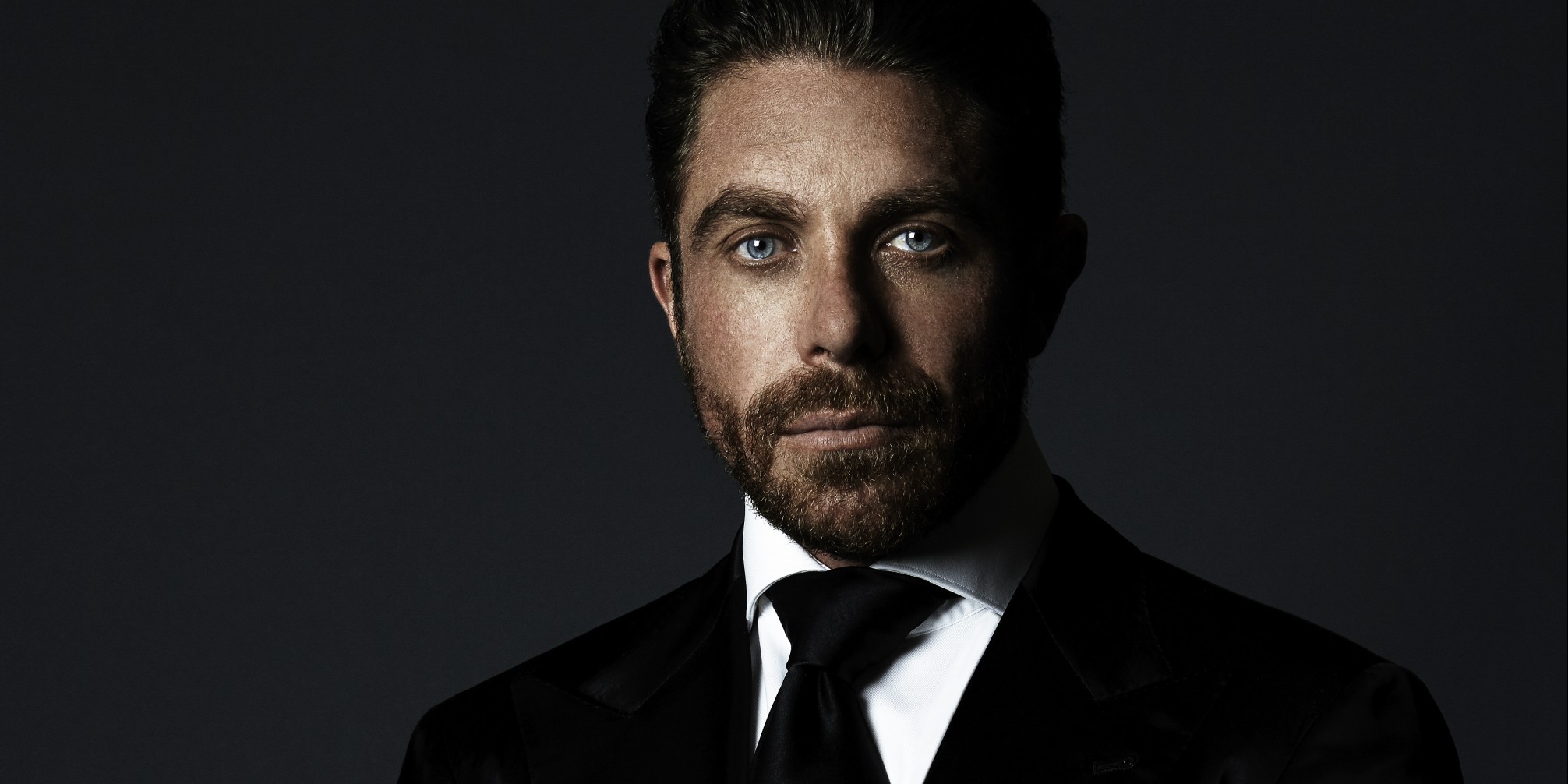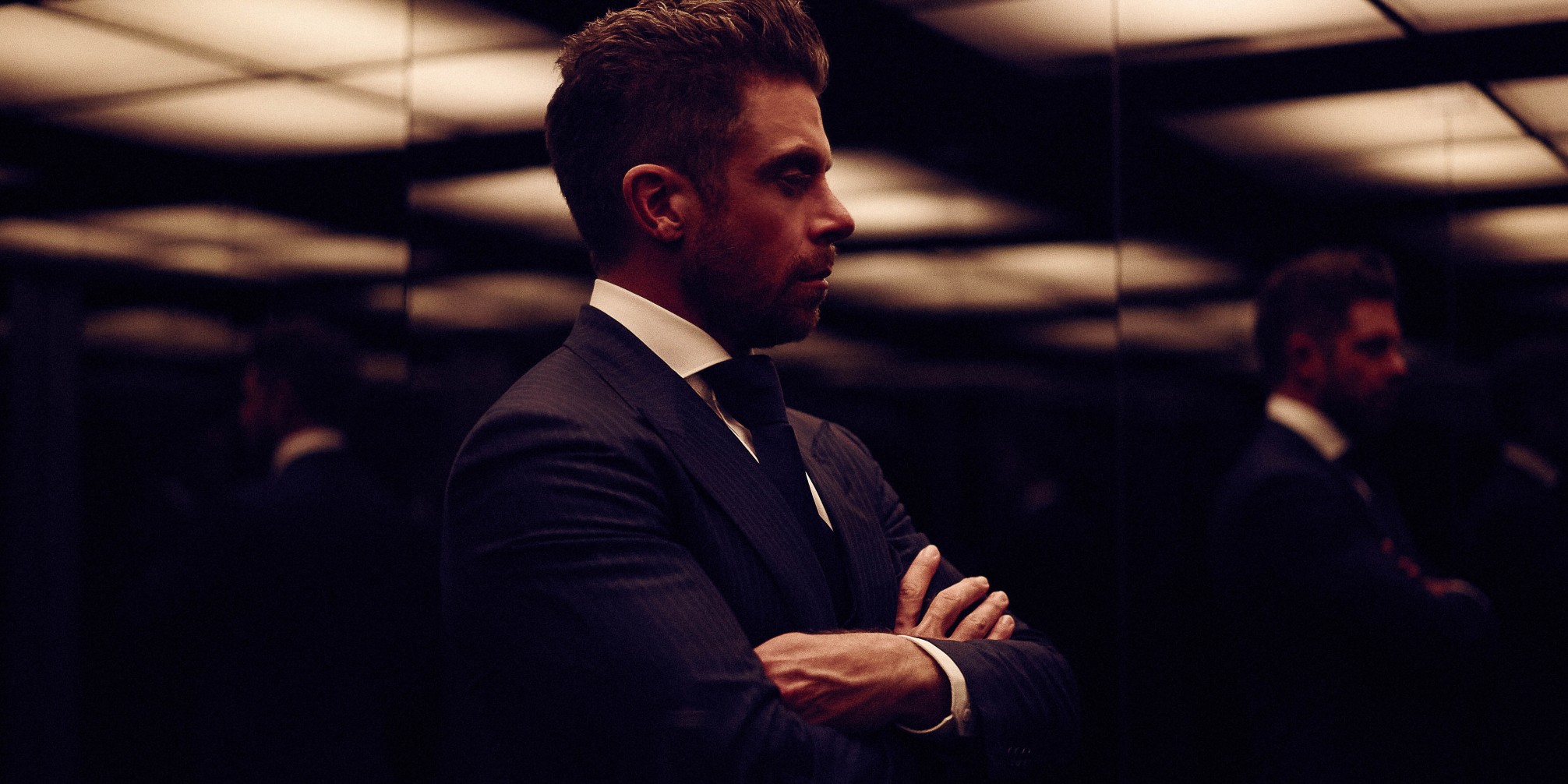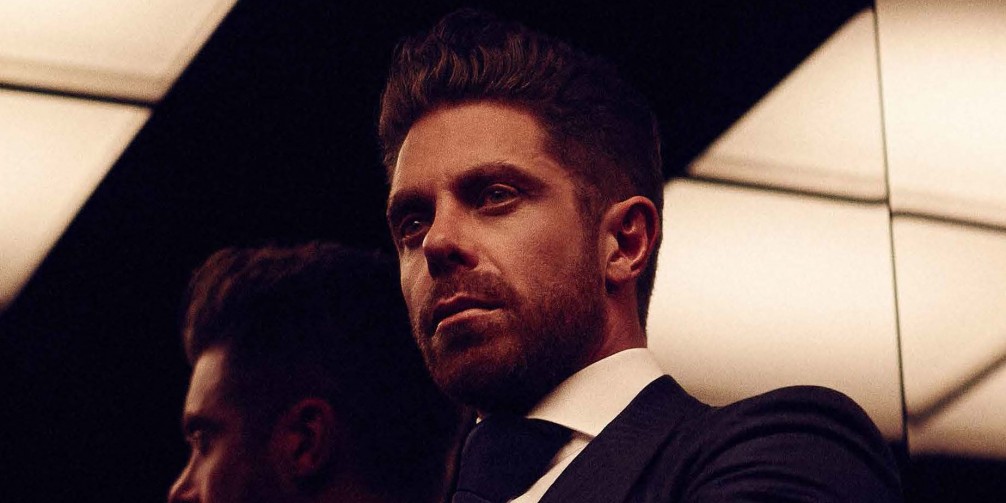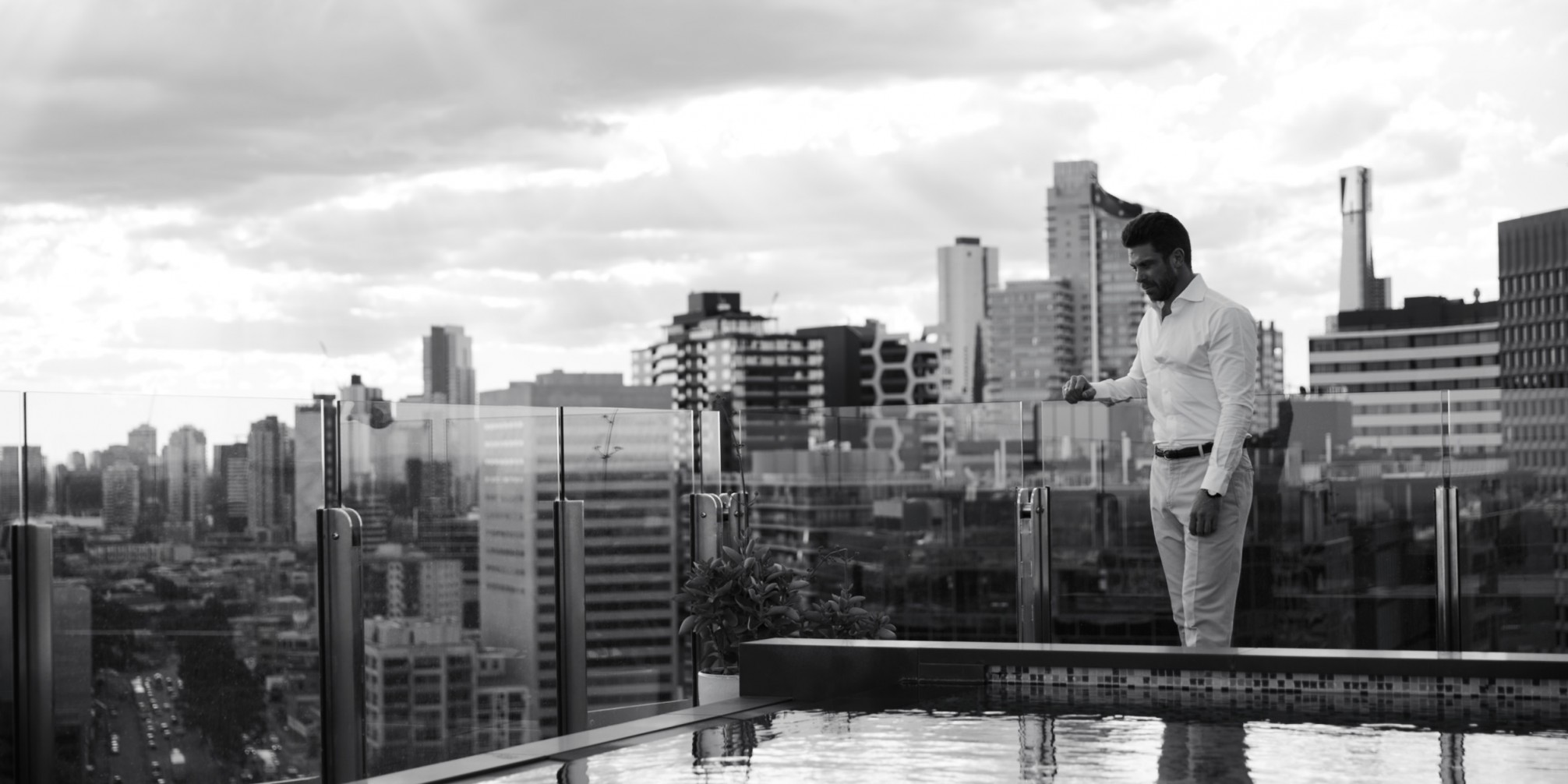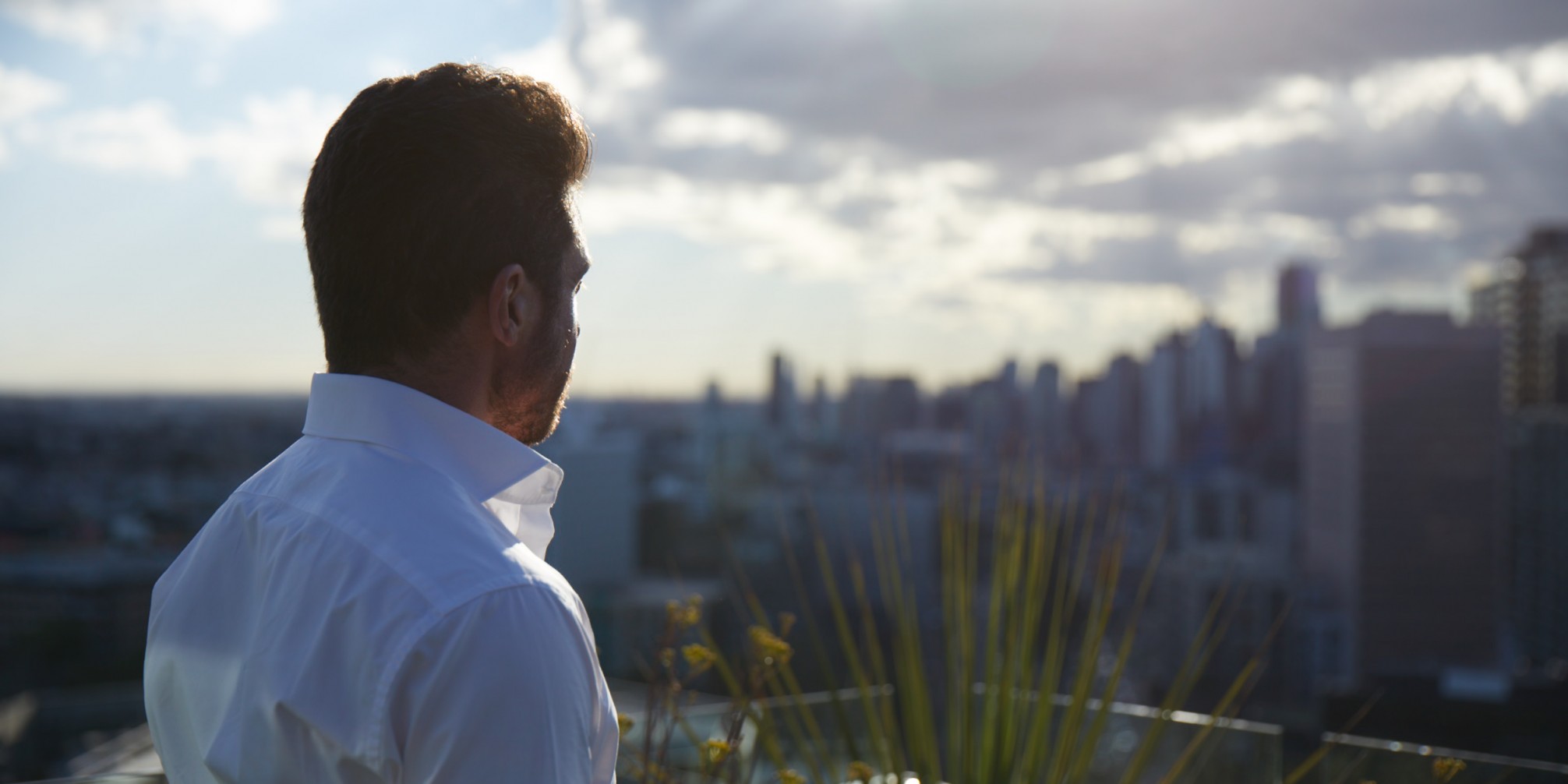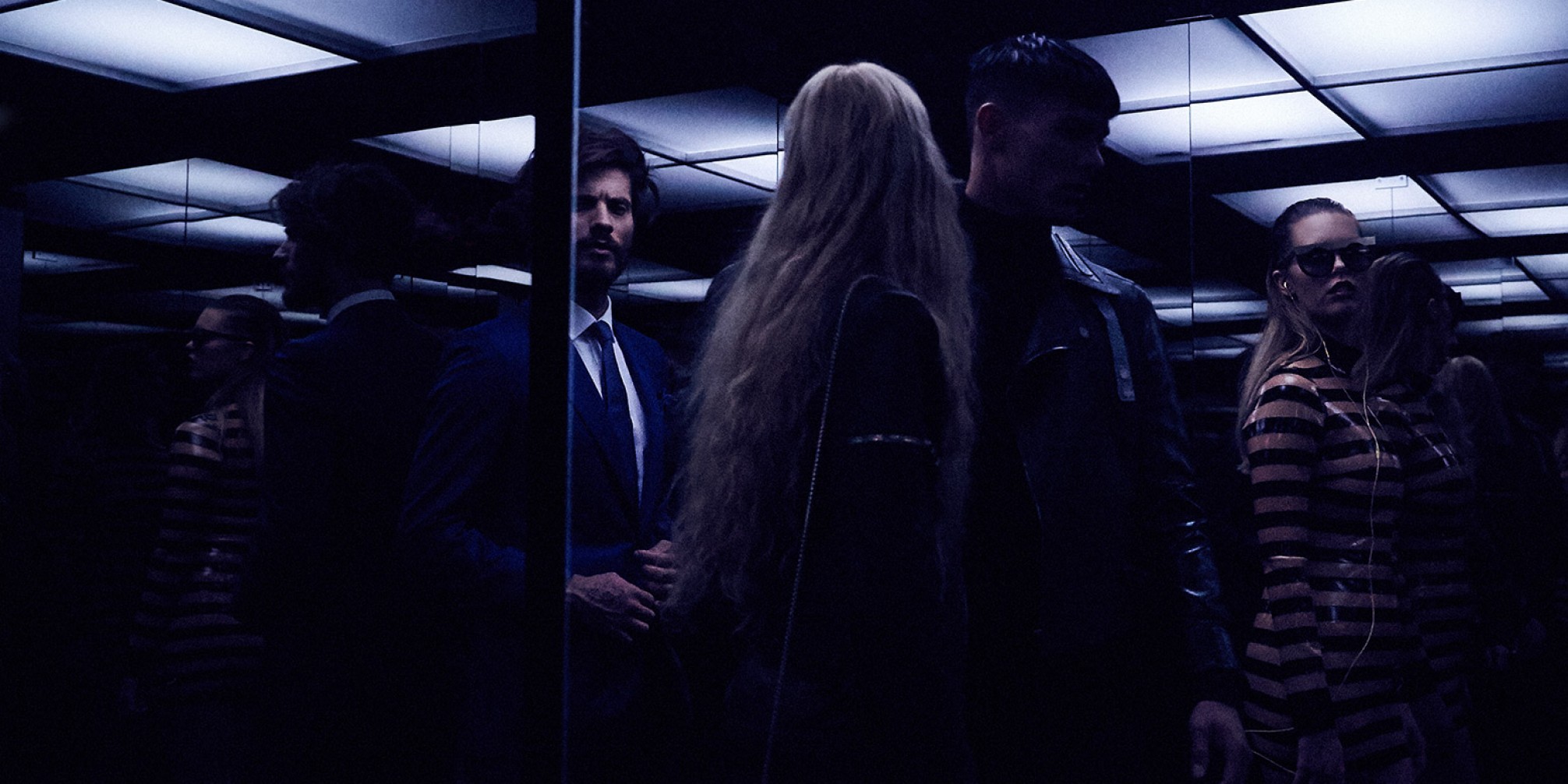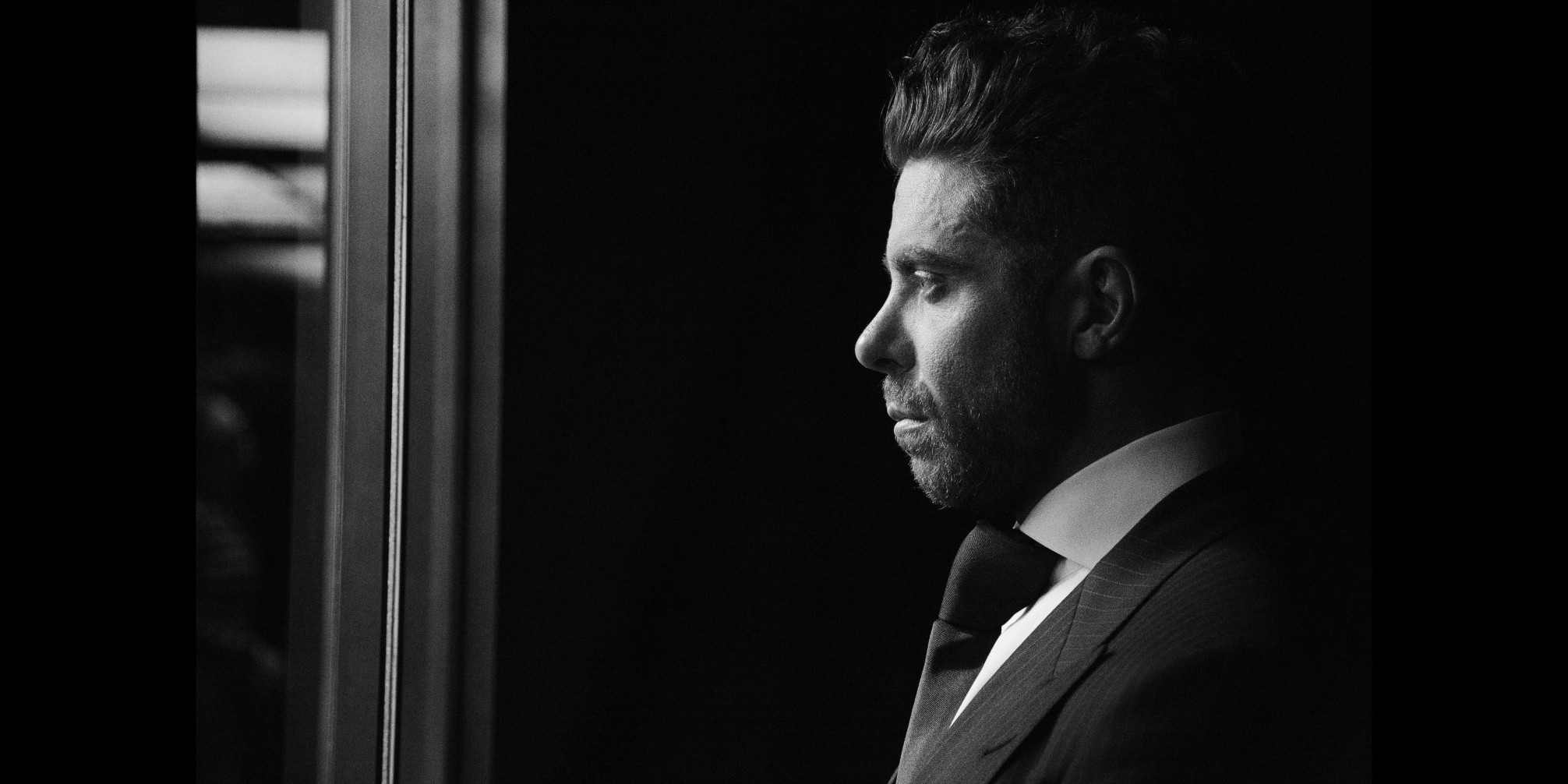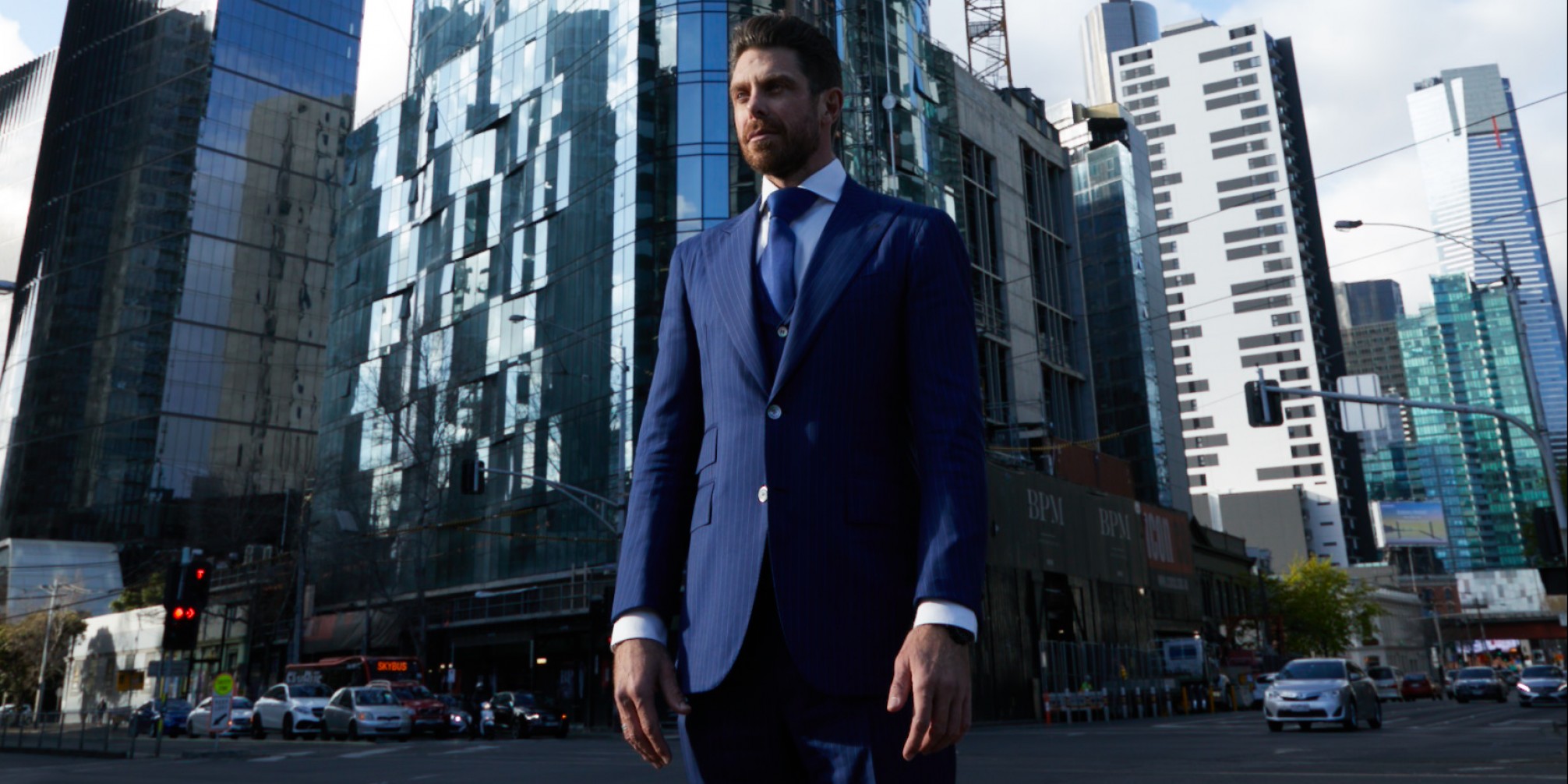“The greatest power a man can possess is the power of vulnerability.”
- JONATHAN HALLINAN, FOUNDER AND MANAGING DIRECTOR, BPM.
In our office, there is a sign that reads, “There is no greater power than the power of vulnerability.” I hung it there to serve as a reminder of a great life lesson: power and vulnerability are not exclusive. Powerful people can be vulnerable. And vulnerable people can be strong leaders.
To understand the power of vulnerability, we must understand that one of life’s greatest needs is connection—the desire to be seen and heard as who we really are.
Many of us, though, put up a false façade. We do this because being vulnerable automatically makes us hyperaware of our limitations. And when this happens, we don’t allow ourselves to live authentically with the people around us.
Feeling vulnerable is universal, but what incites vulnerability can be different for all of us. Let me ask you this:
Do you ever feel vulnerable that your opinion might be ridiculed, trivialised, or—worst of all—ignored?
Do you feel vulnerable because someone may have already said it better, sung it better, played it better, painted it better, built it better, or made it better?
Do you feel vulnerable about sharing your dreams, because they might sound too ordinary, too grandiose, or simply too embarrassing?
Do you feel vulnerable that you’re the youngest person in the room, the oldest person in the room, or the only woman in the room?
I’m sure each of us can identify with at least one of these experiences. Ultimately, we feel vulnerable because being unique sometimes means being alone.
Like everyone else, I am striving to turn my vulnerability into something more productive. Just recently I was in a meeting with a team of my lawyers, who had come by to explain a new taxation structure for BPM. I was lost almost from the beginning. The legal jargon was so dense and complex that it may as well have been presented to me in Japanese. At my request, it had to be repeated to me three times at length. I could see everyone in the room becoming increasingly exasperated.
Throughout this meeting, I kept on thinking to myself you should be able to grasp this; you’re expected to know this Jonathan!
Others in this scenario may have felt compelled to feign comprehension and bluff their way through, rather than expose their ignorance, at the risk of appearing incompetent. Ultimately I was able to put my pride aside and accept it as an opportunity to learn something new. Rather than giving voice to my fears of being exposed, I made a choice to walk out of that meeting feeling empowered. By asking to be educated on the decision I was making, I was able to be resolute in my commitment to that decision. But more importantly, I learned something. Education is the most valuable bi-product of vulnerability.
There may be people who wouldn’t consider the development world a particularly creative line of work, but I do have something that is essential to all kinds of creative work, as do many of you—curiosity.
Of course, vulnerability goes hand in hand with curiosity: vulnerability holds us back from stepping into the unknown, and curiosity is all about exploring the unknown.
How do I continue to overcome this fear of the unknown? I remind myself that vulnerability simply detracts from the progress I want to make.
We will all face difficult decisions in our lives. During the early period of business when I was developing high-end boutique projects in Brighton, I was feeling increasingly burdened by the expectations placed on me by the market. Expectation on architecture, branding, and my own personal promotion as a businessman. It was only when I took the greatest risk of my career in developing Shadow Play that I learned to be truly vulnerable and feel exposed. It was the biggest financial risk of my career. I made myself more visible through PR activities and events. I promoted myself and my business in creative ways—through film, art, and design—that were not always immediately understood by the public.
I didn’t worry about any of this because I knew that vulnerability was a natural obstacle that I needed to overcome to realize the success I’d always imagined. Instead, I focused on things that were under my direct control, like innovation, perseverance and self-discipline.
Part of my job as managing director of BPM is to find not just the qualified candidate, but the authentic one. I believe that educational qualifications are a baseline requirement for a position in my business; Rather, I place huge value on the qualities of the person which are innate and authentic, not learned. An authentic person is at ease with who they are and has nothing to hide.
An authentic person recognises that vulnerability is a necessity. An authentic person is able to admit their shortcomings, and then work toward transcending them. An authentic person is prepared to do something, or say something, even when there is no guarantee.
It can be difficult to reconcile the idea that corporate leaders can also be vulnerable. Staff, investors, and stakeholders want their leaders to unite and sustain the team against any obstacle. What I believe it comes down to at BPM is trust. I trust people who allow me to see them be vulnerable, to hear their advice and concerns about our work or our decisions.
I repay that trust by allowing those people to see me vulnerable, too. When you are able to admit that you don’t have all the answers, you let people attach themselves to someone who is real, and the connection becomes so much more powerful.
We all respond to vulnerability differently. We don’t want to be perceived as weak, or unable or unwilling to do something. We don’t want the shame of being seen as incapable of something. I have been in this business for over twenty years, and in that time I have learned to detect the techniques that people use to disguise their vulnerability. You may know them, too: humour, nonchalance, intellectualism, grandiosity. But this approach can be destructive in the long term. Progress requires that you learn to channel your vulnerability. You should be preparing to ask questions and seizing every opportunity for growth. If you can’t learn to do this, you won’t last long at BPM.
We are all susceptible to directing blame, which stands in the way of vulnerability. Who can I blame for my problems? Who can I aim my frustration at? Will it give me a sense of control over the situation? Assigning blame is an easy and convenient option for some of us.
Vulnerability, on the other hand, means learning to reverse our first instincts to blame someone else. Vulnerability means looking inward and realising where we can improve. It’s about really taking a critical look at ourselves, and saying, Yes, I’m not the perfect friend, or neighbour, or parent, or employee, or boss, but I am giving myself permission to become a better one.
Only when we learn to be truly vulnerable do we unshackle ourselves from the constraints that keep us from moving forward. Only when we learn to deal with our pride and fear can we embody the extraordinary people we are all destined to be.
I leave you with a powerful question - why not fight to realize your true potential? Why not fight for self-improvement? For growth? For more power and more connection?
Your vulnerability has only so much power as you give it. I urge you to embrace vulnerability, to be willing to take a step into the unknown and push past our fears.

